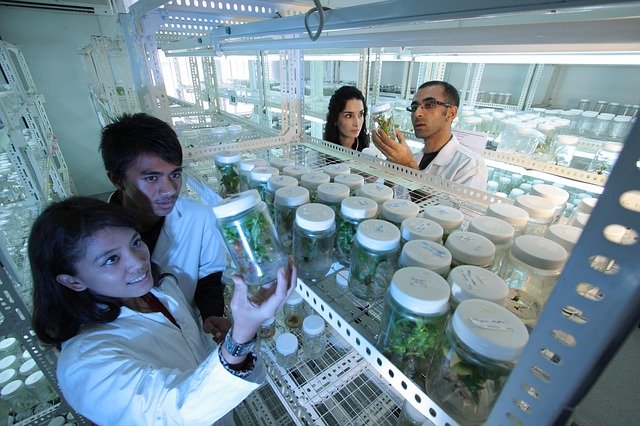

*Representational image
The aim of this consortium is to study the prevalence of ten selected zoonotic diseases (throughout the country) and five transboundary animal diseases (mainly from northeast boundary states) and analyse risks so as to provide forewarning to stakeholders. More importantly, the consortium is envisaged to initiate cross-cutting collaborations between animal, human and wildlife health professionals.
The objectives of this consortium are to establish a network of laboratories at centralized and field level, estimation of prevalence and burden of selected diseases, detection of pathogens by serological (antigen) or molecular tests especially in clinical cases and modelling of data for disease forecasting as well as risk assessment. A total of 27 organizations constitute ‘One Health Consortium’. Rs. 31.100884 crores for 3 years has been allocated for One Health Consortium.
To complement the mission and vision of One Health Consortium, Indian Council of Agricultural Research (ICAR), Indian Council of Medical Research (ICMR) and Department of Animal Husbandry and Dairying are working in the area of surveillance and epidemiology of zoonotic/trans-boundary diseases through various research programmes/ Networks/Consortium Platforms to monitor and control such diseases and prevent its further dissemination.
ICAR has initiated several Programmes on One Health Approach viz. Zoonotic Diseases, Indian Network for Fisheries and Animal Antimicrobial Resistance (INFAAR), programmes regarding the epidemiology of animal coronaviruses and residue control programmes on food safety.
National and International capacity-building programs are also being implemented by ICAR for improving the surveillance system for important viral, bacterial and parasitic infections caused by zoonotic and transboundary animal diseases pathogens.
There are 5 Regional Disease Diagnostic Laboratories (RDDLs) and several Referral Laboratory facilities under the Department of Animal Husbandry & Dairying for surveillance and diagnosis of various livestock and poultry diseases including zoonotic diseases.
ICMR carries out research in the field of surveillance models, diagnostics, epidemiology, molecular biology and immunological aspects of the viruses, bacterial and parasitic infections of public health importance. ICMR-National Institute of Virology, Pune have cutting edge Biosafety level (BSL)-3 and -4 facilities with the mandate to investigate outbreaks caused by emerging and re-emerging viral infections.
The establishment of the state-of-the-art laboratory provided improved zoonotic disease identification, response capacity and prevention. ICMR has started the preparatory activities for the establishment of a dedicated infrastructure in the form of the National Institute of One Health (NIO) at Nagpur which will also house a BSL-IV laboratory.
The institute will work with the combined holistic method of the One Health approach under the supervision of experts from different sectors like animal health (veterinarians), environmental health (ecologists, wildlife experts etc), and human health (epidemiologists, public health experts etc) and amalgamation of various bodies like WHO, various health organizations and national governments for successful application of One Health.
This information was given by the Minister of State (I/C) for M/o Earth Sciences and M/o Science & Technology, Dr. Jitendra Singh in a written reply in Rajya Sabha on Thursday.